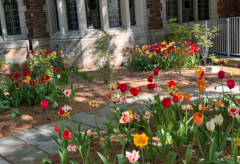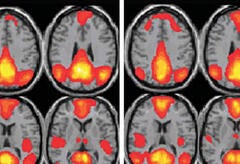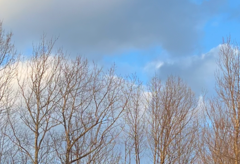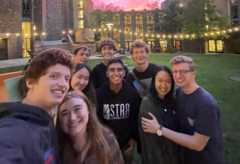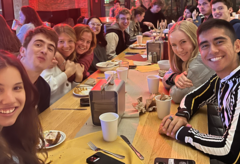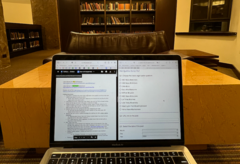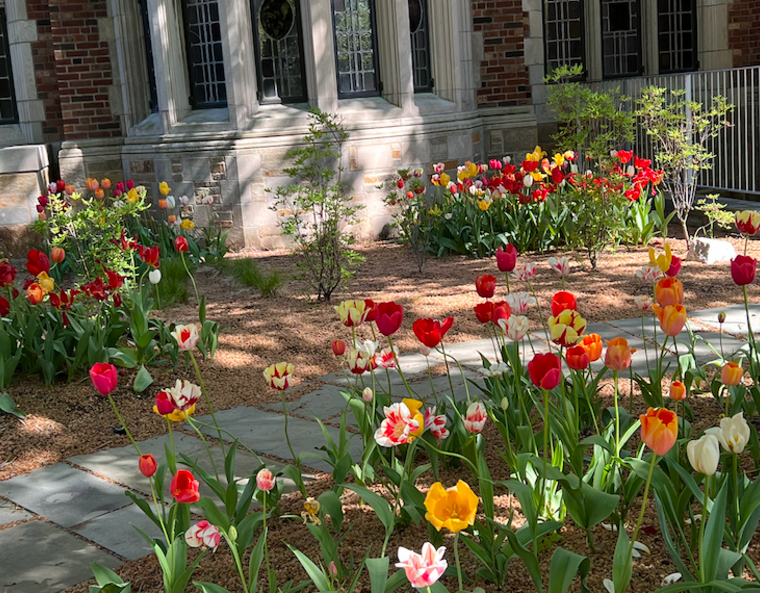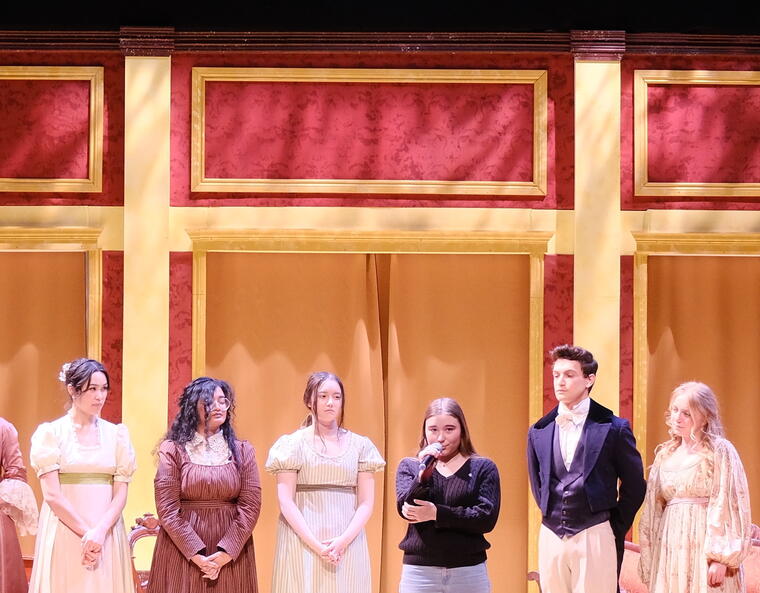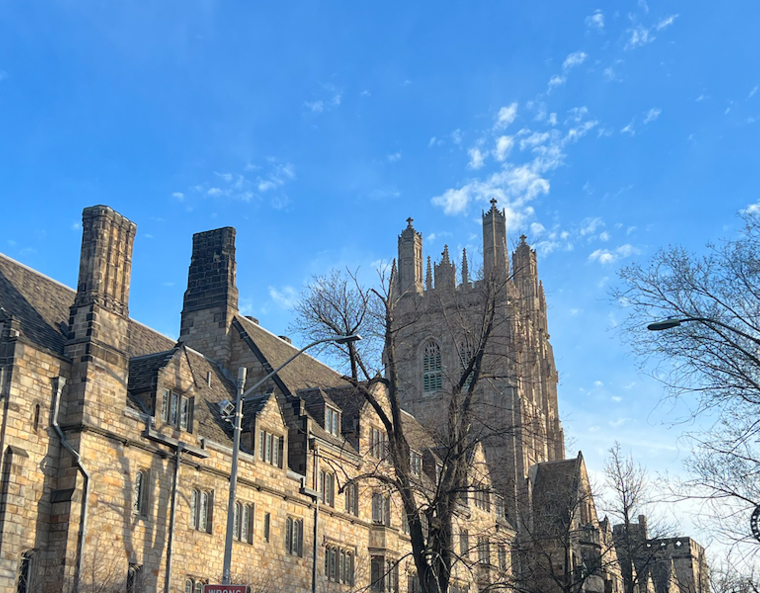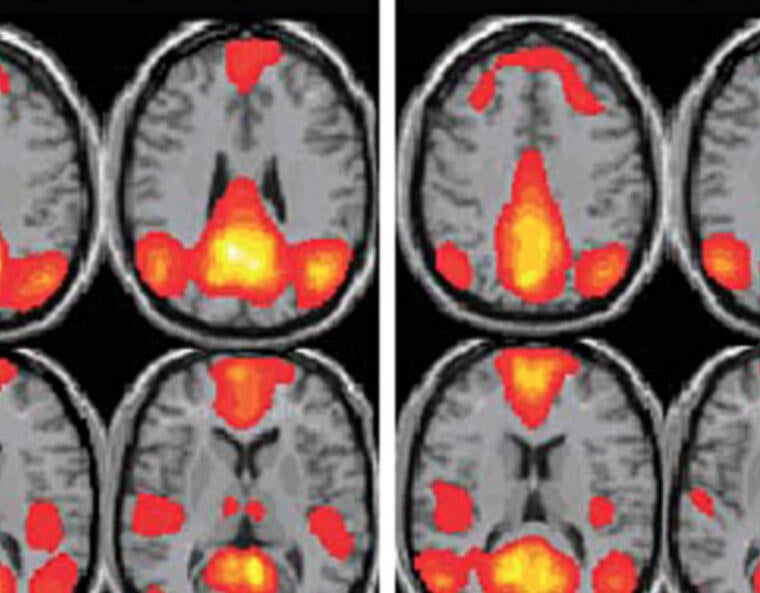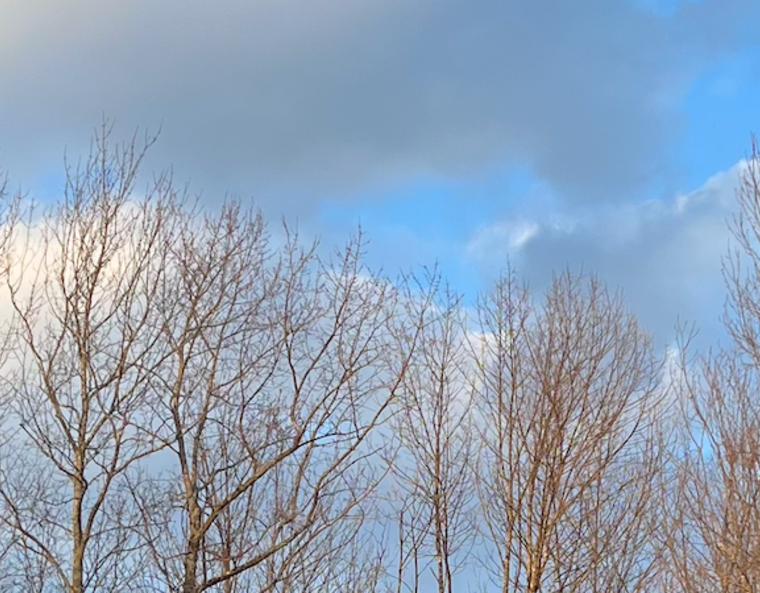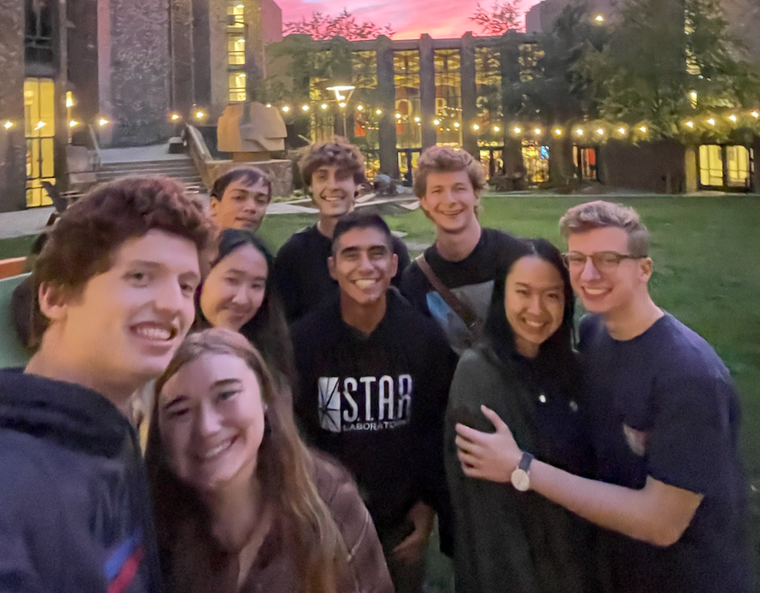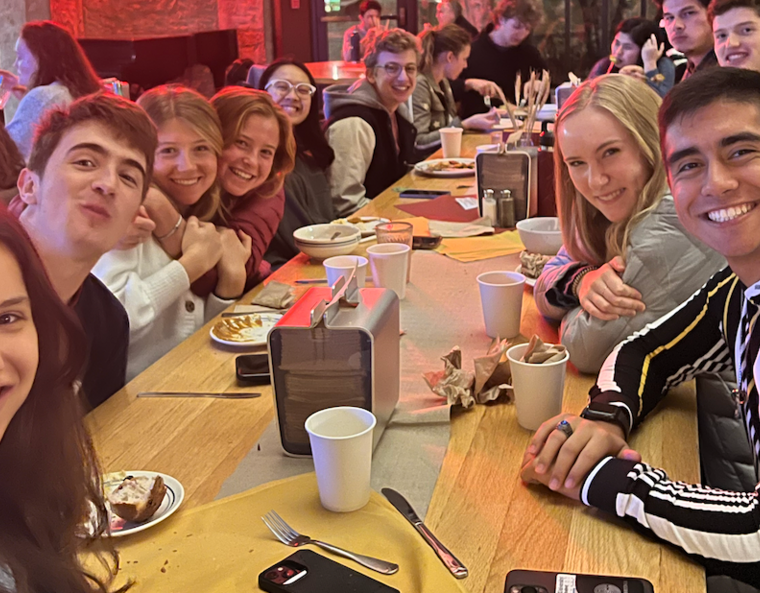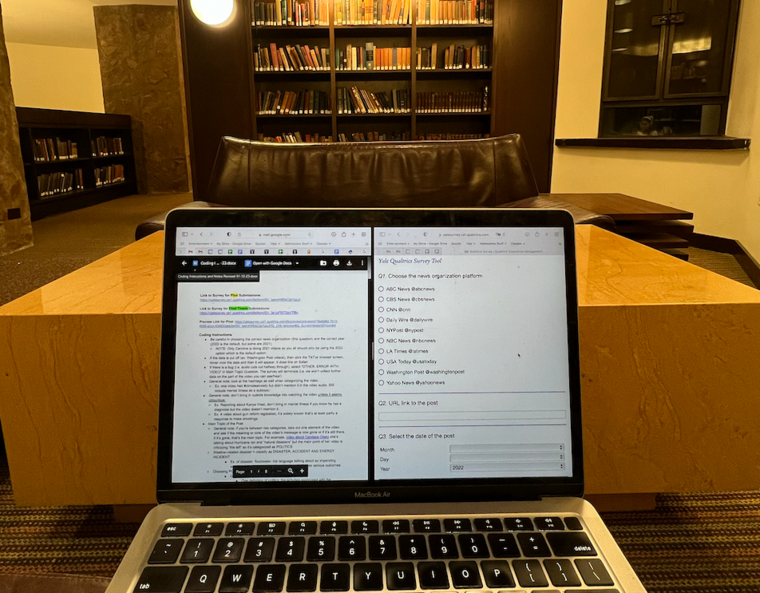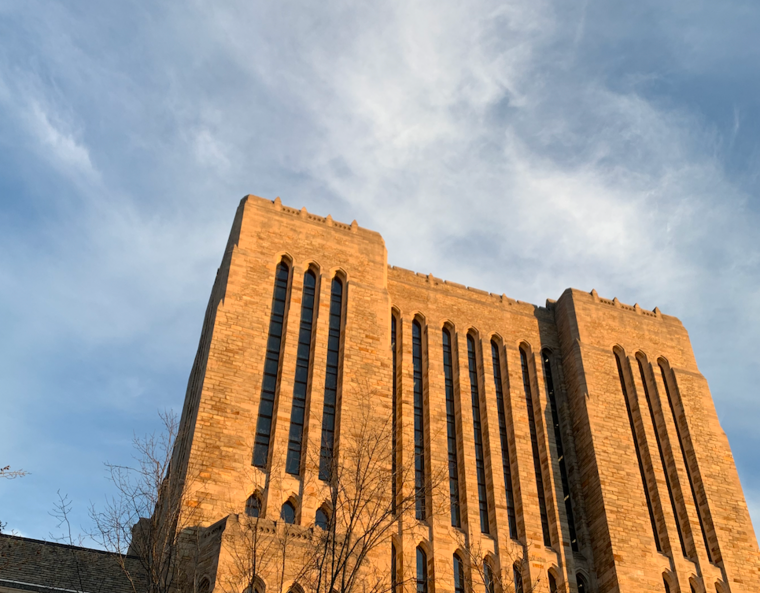
Even after obtaining a research position, it can be difficult to imagine what the day-to-day operations actually look like. I know that even after talking with my mentor and figuring out what my role in the lab would be, it took actually starting my work for me to fully grasp what “doing research” meant for me. It goes without saying that research is such a broad term and there are a plethora of activities that can fit under that umbrella. Much of the variability depends on the field of research and the nature of your position. For example, an art history student working on an archival project with a tenured professor will be doing very different work from a biology student working on a clinical experiment with a graduate student.
I work in a clinical psychology and neuroscience lab that focuses on emotion and mood disorders. Currently, I am working with a graduate student doing literature review for her dissertation. This means I sort through all of the scientific literature related to her dissertation topic and organize relevant articles into a spreadsheet that she can then extract information from when writing her paper. However, even though this is my major assignment at the moment, there are several other tasks I do when I have a lab shift. A typical day for me starts with a lab meeting, either with the entire lab (professors, graduate students, post-doctoral students, research assistants, lab managers) or just with my mentor. Then I usually start doing independent work that my mentor assigns me. Recently I’ve been working on filling out fellowship applications so that I can obtain funding for summer work. I also recently created a presentation about data practices in the neuroimaging field and have started looking through some data from a large longitudinal study. In short, my days have a lot of variability and no two days are the same.
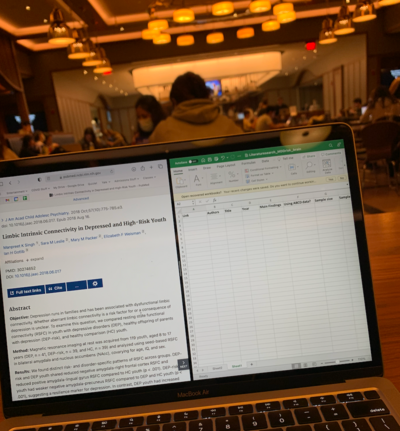
However, while this is the reality of my research experience right now, there are lots of other tasks I will be working on in the future. Since my research experience counts as course credit this semester, I will ultimately end up working on a paper at the end of the semester. This will likely be a literature review or a research proposal for my summer project. There are also lots of other research activities that exist within the field I am in. I could be conducting data analysis, running experiments with participants, recruiting participants for studies, or working on manuscript preparation. The immense variability just within my own field demonstrates what a diverse skill set you can learn from being involved in research.
No matter what field you’re in, what your career goals are, or what year you are in college, getting involved in research, especially at Yale, is a really gratifying experience. I have been able to learn so much about my field and I know that I will come away from this experience with a much larger skill set than I had before. In the bigger picture, it’s also so exciting to feel like I’m contributing to the advancement of scientific knowledge in some way; that’s what research is all about in the end.
